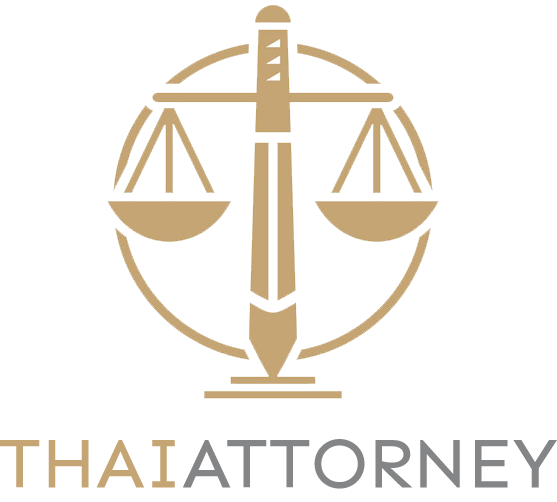Contracts weave the fabric of commerce in Thailand binding parties to mutual obligations and fostering trust in agreements. Navigating contract disputes in Thailand requires an understanding of local legal practices, negotiation strategies and cultural awareness.
When contractual threads unravel resulting in a breach of contract, litigation may become necessary. This article will explore the definition, types of breaches, legal avenues and strategies for pursuing effective remedies.
Damages
Contracts weave the fabric of commerce in Thailand binding parties to their obligations and fostering trust in agreements. When these contractual threads unravel, resulting in a breach of contract, it can have serious implications for both businesses and individuals. Understanding the legal framework, types of breaches, and remedies is essential for navigating Thai contracts effectively.
Remedies for breach of contract are outlined in the Civil and Commercial Code (“CCC”). In the most general terms, damages compensate non-breaching parties for financial losses suffered as a result of the breach. Specific performance compels the breaching party to fulfil contractual obligations, and rescission cancels the contract returning both parties to their pre-contractual positions.
Disputes involving breach of contract are common in Thailand. Prompt action, clear and comprehensive contracts, and consideration of alternative dispute resolution methods can often prevent the need for lengthy and expensive litigation. However, when informal methods fail to yield satisfactory results, litigating can be necessary.
Specific Performance
A well-functioning and sustainable commercial climate in Thailand relies on clear contracts, legal reviews, effective communication, and timely action. However, even the most diligent parties can encounter contract breaches. In such cases, swift and informed action and legal guidance can transform a discordant melody into a harmonious resolution.
Many commercial contracts include provisions for mediation or arbitration as alternative dispute resolution mechanisms. These are often a good choice when it comes to breach disputes, as they can help minimize the cost and time of litigation.
In addition, some contracts also stipulate liquidated damages—a pre-determined amount to be paid in case of a breach. However, ambiguous language and differing interpretations of contract terms can result in disputes over the nature and extent of damages. In these cases, litigation may be necessary, in which the court will assess evidence and determine the appropriate remedy.
Rescission
Navigating breach of contract issues in Thailand is nuanced and potentially complex. However, building strong contracts, communicating openly with business partners, and seeking guidance from legal professionals when a dispute arises can transform the discord into a harmonious resolution, restoring balance to the music of commerce in Thailand.
Non-performance, including failure to deliver goods or services or make agreed-upon payments, constitutes a breach of contract in Thailand. Defective performance, such as delivering substandard goods or performing work with flaws or mistakes, also breaches the terms of an agreement.
Damages, specific performance, and rescission are common remedies for breach of contract in Thailand. A thorough examination of contractual terms, the nature of the breach, and available remedies is essential to effective resolution. It is also important to note that a breach of contract may also be considered a tort, resulting in concurrent liability. This is particularly true when a contract breach causes harm to another party in addition to the violating party.
Litigation
Navigating breach of contract disputes in Thailand requires a strong understanding of local legal principles and a commitment to preserving commercial relationships. Whether through negotiation, mediation, arbitration or litigation, experienced legal professionals can turn the broken melody of a contract dispute into a harmonious resolution—paving the way for future success in Thailand’s vibrant tapestry of commerce.
The law of Thailand outlines various remedies for breach of contract, including damages and specific performance. Damages are monetary awards that aim to compensate the non-breaching party for losses incurred as a result of the breach. Specific performance is a legal remedy that compels the breaching party to fulfill contractual duties as originally agreed upon.
Disputes that involve ambiguous or poorly-drafted contracts can complicate the process of proving damages and claiming compensation. Early action and diligently documenting the breach are essential to establishing proof that strengthens your case. Considering alternative dispute resolution methods like mediation and arbitration may also offer quicker and more cost-effective solutions than lengthy legal proceedings.

